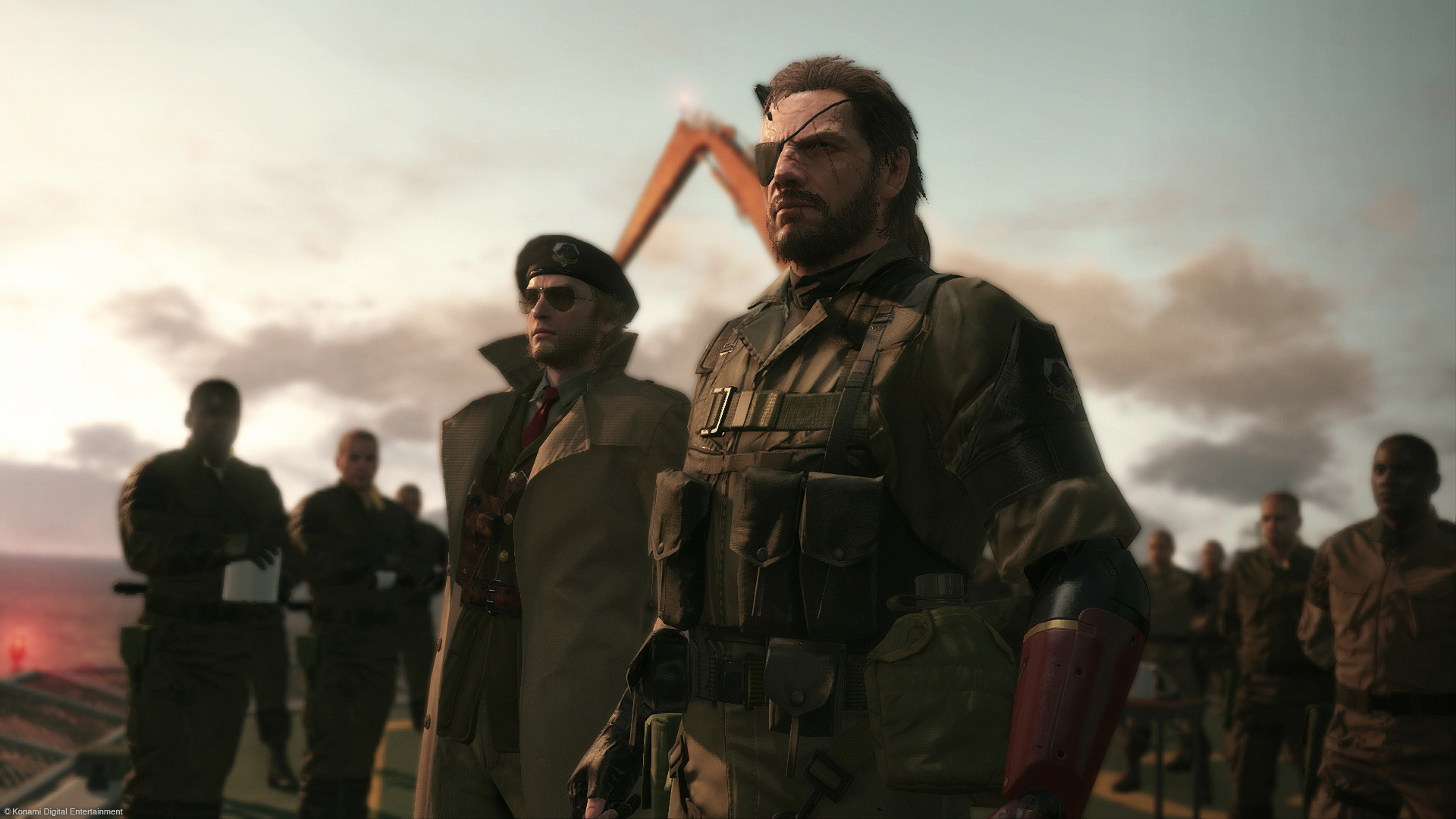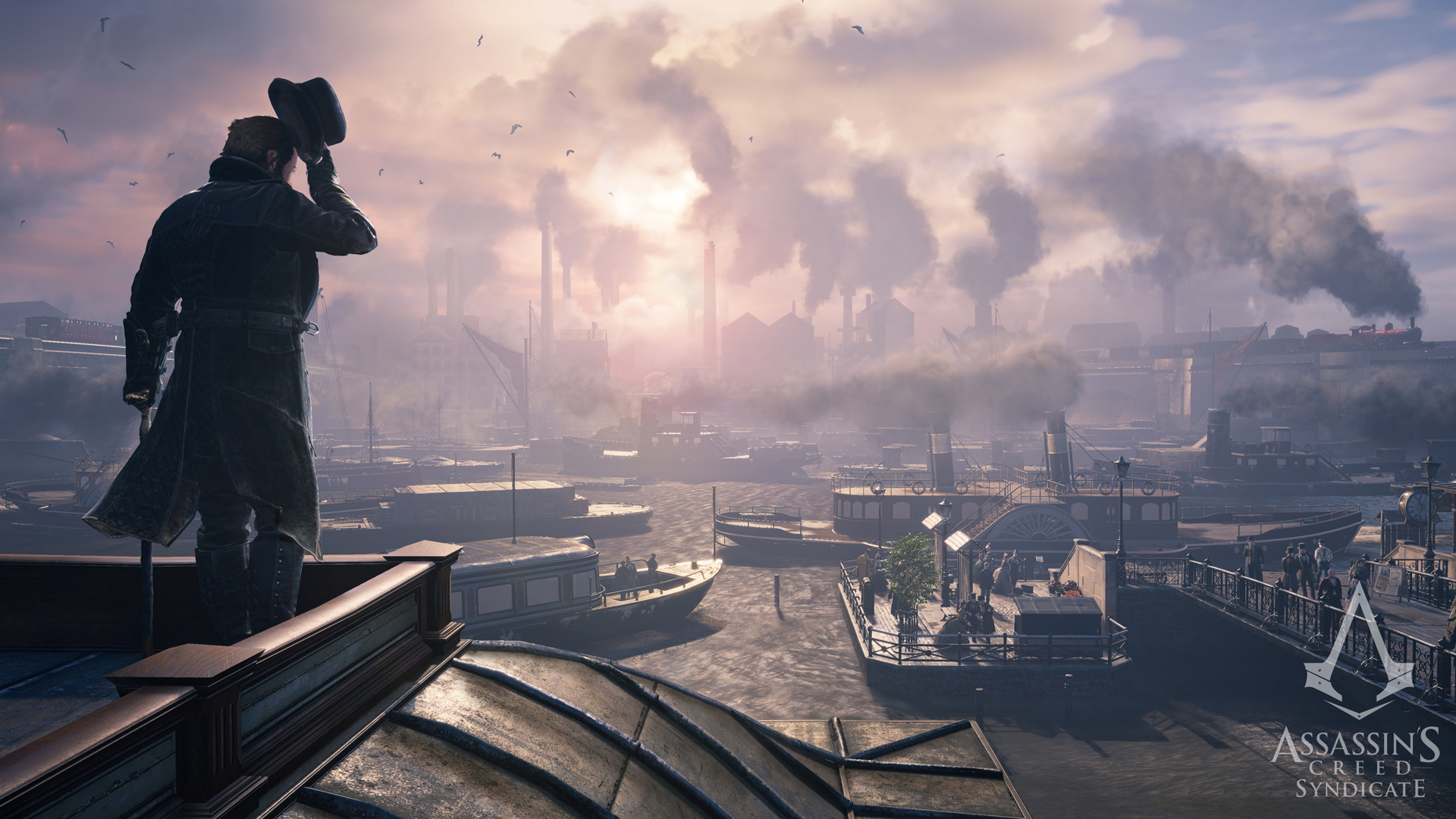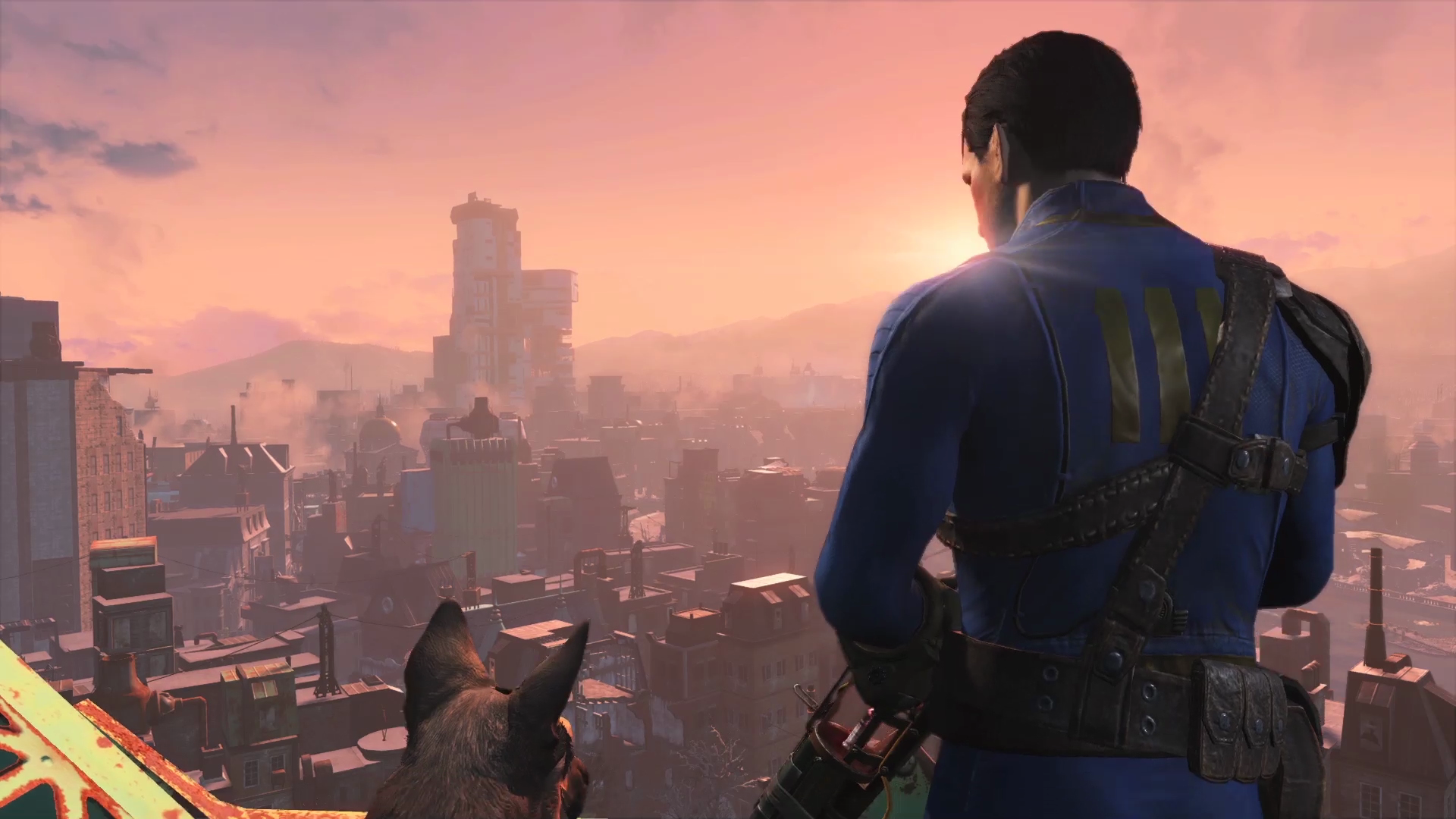MGS: Meaningful Game Systems
As I’m sure many of you have, I’ve spent the last week playing Metal Gear Solid V: The Phantom Pain pretty extensively. I’m currently 40 hours in, and have completed half the story missions and 50% of the 157 side-ops. It’s the first Metal Gear game I’ve played, and despite not knowing exactly who every character is, or understanding every reference or plot point, I’m enjoying it immensely. It’s such a refreshing game, especially for someone recently feeling the fatigue of open world games.
Although familiar, The Phantom Pain is distinct and unique in many ways. Apart from it’s story, which blends the tangible, real world with supernatural and sci-fi aspects, and Kojima’s quintessentially Japanese sense of humour and oddness, MGSV stands out from other open world games by making your every action meaningful.
The Phantom Pain revolves around building Mother Base and expanding the force of your Diamond Dogs, and so makes sure every side mission you tackle essential to your development and success in story missions, and the game as a whole. Every person you extract, infantry unit you take out and resource you collect, aides in the development of an ever-progressing ecosystem.
Most of 2015’s biggest games are open world, – Batman: Arkham Knight, The Witcher 3, Assassin’s Creed: Syndicate, Dying Light – and although these worlds are huge and filled with hundreds of hours of content, not all of it is worthwhile or meaningful. We get bombarded with side quests, but for every thrilling Witcher Contract or intriguing Professor Pyg mission, there’s a thousand bomb disarmament or escort missions.
–
Big Boss’ Creed
One of modern gaming’s biggest offenders for filling their open worlds with tiresome and mundane content is Ubisoft. Even though I’m a fan of the Assassin’s Creed series, I admit that the formulaic and collectible heavy game-play is getting old, and I’m really not sure if I can stomach trudging though the imminent Assassin’s Creed: Syndicate. I found the most recent Far Cry a real chore, and although I was rooting for it, Watch Dogs was also ultimately more of the same old, same old.
We know what to expect with an Assassin’s Creed or a Far Cry, a big, vibrant world devoid of any real purpose. Just a seemingly endless checklist of sync points and audio logs to find and collect, with nothing but an achievement as an incentive. I’m completely guilty of pouring tens of hours into finding every animus fragment or manuscript page, but in hindsight, it all seems like a complete waste of time.
Ubisoft have built somewhat of a reputation with their big budget, “AAA” games for being repetitive collect-a-thons. Their next big title, Tom Clancy’s The Division, will hopefully trump this trend and offer a refreshing approach to game-play. While still adopting Ubisoft’s “take possession of key points to unlock new objectives in that area” model of progression, The Division will hopefully give some purpose to your efforts as you struggle for resources, and vie for control of New York against other pandemic survivors.
Besides filling your open world with content that has consequence, affect and function, Assassin’s Creed could learn a lot from The Phantom Pain in terms of stealth. Assassin’s Creed purports to be a stealth game, and although it does have it’s own stealth mechanics, they’re shallow and severely underdeveloped.
Many games claim to have “multiple approach” game-play which allows you to tackle tasks in a hundred different ways, but few deliver on this promise. MGSV’s game-play, combat and stealth is fantastically balanced, allowing you utilize an array of gadgets, weapons and buddies to truly tackle situations in a variety of ways. The game incentives and rewards you for skillfully tackling objectives by awarding you an S rank, which garners you greater resources and helps further improve and bolster your Diamond Dog forces.
–
Welcome To The World Of Tomorrow!
Metal Gear Solid V: The Phantom Pain has yet to fatigue me, and I can’t see myself tiring anytime soon. Two of 2015’s other big games, The Witcher 3: Wild Hunt, which I found to be for the most part consistently brilliant and engaging, and Fallout 4, which I hope will be equally fulfilling, give me faith that open world games are starting to realize that lazy bulking doesn’t constitute longevity or value for money.
Here’s hoping that other developer’s learn from Hideo Kojima’s ever-inventive approach to game design and fill their game world not with inane collectibles and tired side missions, but relevant and rewarding content that constantly adds to the experience. The future looks bright with Fallout 4, Crackdown, No Man’s Sky, Mirror’s Edge and Just Cause 3 (to name but a few) all offering open worlds, and hopefully ones that players want to inhabit and explore.




